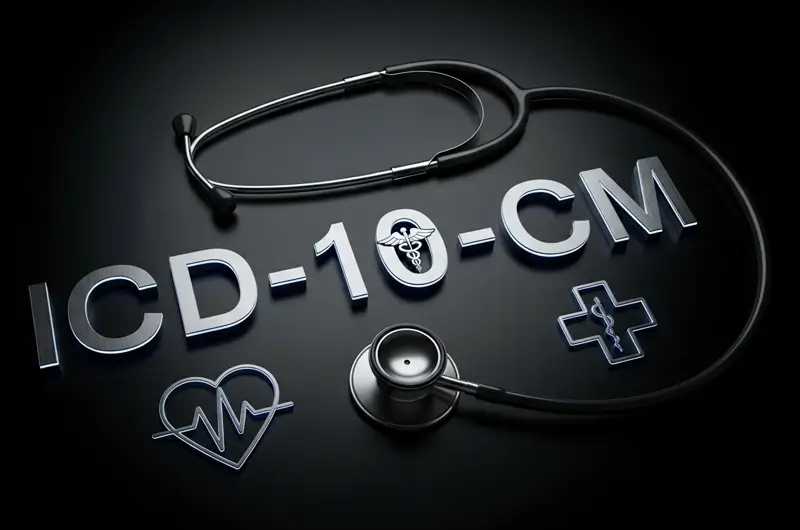There are many changes happening in the field of healthcare and one of the most significant is ICD-10-CM implementation. ICD-10-CM, the 10th revision for the International Classification of Diseases and Related Health Problems, will come into effect on October 1, 2015. The lag for implementation will allow healthcare providers to prepare for the changes following ICD-10. The ICD-10 code set is expected to bring about many benefits for patients and the healthcare system:
- Will helps to improve patient care: ICD-10 will benefit patients as it is designed to enhance the ability to evaluate quality, safety and effectiveness of care delivered.
- Will reduce requests for medical reports by payers: ICD-10 is inherently specific and the clarity that they bring will eliminate the need for payers to request medical reports. This can reduce costs.
- Helps to minimize claim rejections: The new codes can increase the accuracy of payments and reduce claim rejections due to their specificity.
- Helps in improving clinical and administrative functions: The comprehensive nature of the data offered by ICD-10 will help in administrative decision making for improved clinical and financial results.
- Helps in improving research: ICD-10 offers a more precise classification of the nature of injuries, and their causes, treatment and outcome. This would open up new opportunities in injury research and trauma services evaluation.
It is crucial for healthcare organizations to be prepared for a smooth transition to ICD-10. Those that are not prepared would face several problems such as delays in authorizations, payments, rejection and denial of claims, coding backlog, and much more. The best way to ensure compliance is to allow a professional medical billing and coding company to manage your coding tasks. They would have the necessary software as well as a team of experienced medical coders who are trained in the use of the codes. This will ensure that they are assigned correctly, allowing you to focus better on your core task of delivering better patient care.




